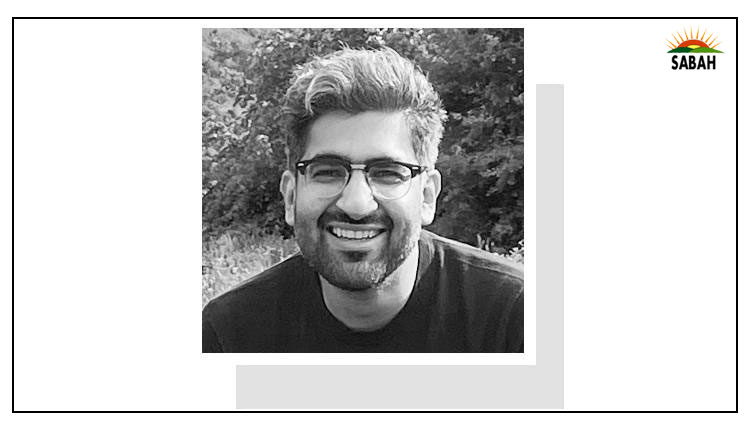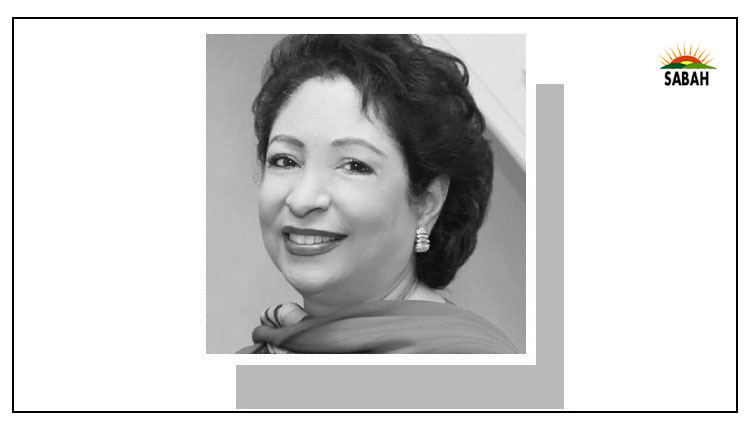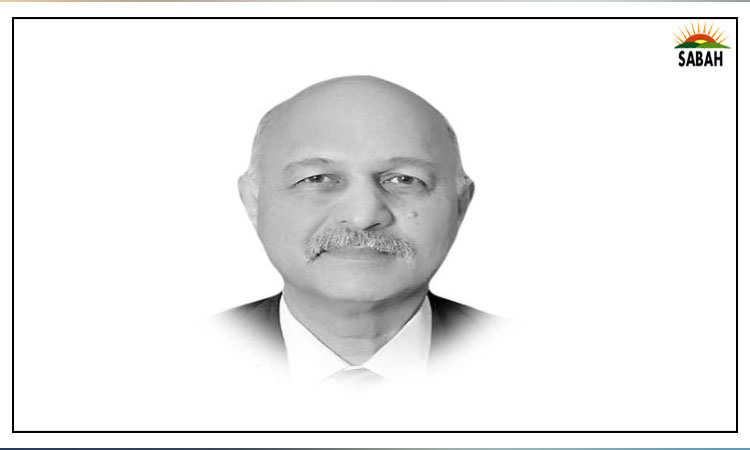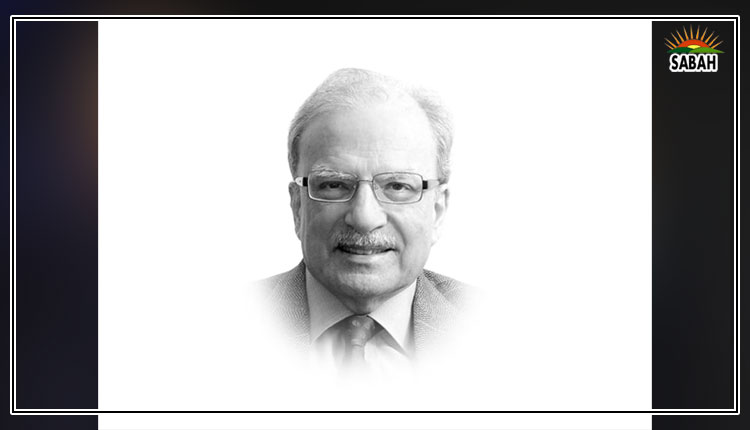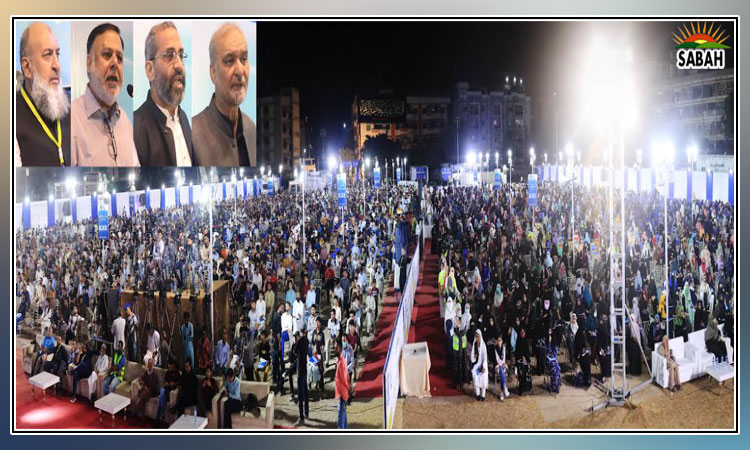Why Kashmir irks India by Adeela Naureen
Since 5 Aug 2019, Indian fascist regime of RSS and terrorist Indian Army have unleashed unprecedented wave of oppression and violence against innocent people of Indian Illegally Occupied Jammu and Kashmir (IIOJK). While Pakistan has remained busy with managing a fledgling economy, Modi government has tried its best to exploit the window of opportunity and alienate Kashmiris from their justified freedom struggle; however India has miserably failed.
Kashmiri diaspora and freedom advocacy groups have continued to highlight Indian atrocities in IIOJK. In a recent symposium on Kashmir Conflict organised by Kashmir Global Council and South Asia Democracy Watch in Frisco Texas, Congresswoman Terry Meza was the chief guest, with well-known social activist Ms Beverly Hill as well as various political leaders, academics, US media-persons and students also in attendance.
Speaking there, Meza said she was against any form of oppression and stressed the peaceful resolution of the Kashmir issue in keeping with the legitimate aspirations of the people of Kashmir. She urged the world community, especially the US, to reach out to the Indian state to end the deliberate politicising of the justice system and its discriminatory functioning. At the international level there is growing noticeable awareness regarding Indian’s brutal acts and atrocities in IIOJK.
Almost all human right organisations have continuously raised their voice against human right abuses in IIOJK. Human Rights Watch, Amnesty International, Genocide Watch and US Commission on International Religious Freedom call for addressing the ongoing human rights violations and deliver justice for all people in Kashmir. These reports demand a commission of inquiry to conduct a comprehensive independent international investigation into allegations of human rights violations in Kashmir.
IIOJK has become the largest prison of the world; peace can be established in South Asia only with the resolution of Kashmir issue according to the wishes of Kashmiri people.
Another strong voice against Modi’s fascist policies is Dr Audrey Truschke, a historian of South Asia and an associate professor at Rutgers University. She has worked on historic trends of inter-community relations in medieval South Asia, especially during the Mughal Empire. Dr Truschke has regularly raised her voice against Indian oppression. She had stated in the past that “the atrocities committed by RSS regime involve a form of corrosion that India will not survive. Kashmir may not defeat India, but it will consume India. In many ways, it already has.”
As reported by Al Jazeera on 29 November, an Israeli filmmaker has triggered controversy in India after he denounced a film on the Kashmir dispute as “propaganda” and a “vulgar movie” at a government-sponsored film festival in Goa.
Nadav Lapid, who headed the jury at the week-long International Film Festival of India (IFFI), said he was “disturbed and shocked” by the inclusion of The Kashmir Files in the event. “That felt to us, seemed to us like a propaganda, vulgar movie, inappropriate for an artistic competitive section of such a prestigious film festival,” he said in his concluding address at a ceremony also attended by India’s federal broadcasting minister Anurag Thakur and top filmmakers from different countries.
Directed by Vivek Agnihotri, The Kashmir Files was released in March this year. It tells the fictional story of a student who discovers that his Kashmiri Hindu parents — known as Kashmiri Pandits — were killed by armed rebels and not in an accident as his grandfather had made him believe. The film has become controversial for its anti-Muslim and anti-Kashmiri message.
More recently, Indian politico military leadership resorted to hollow rhetoric of marching onto Azad Jammu and Kashmir as well as Gilgit-Baltistan. The timings of the current sabre rattling by the Indian leadership may have something to do with Pakistan’s political scene and mudslinging by political parties. However, the change of command in Pakistani military and strong message given by Gen Asim Munir, during his visit to Line of Control, has doused the fires of rhetoric ignited by Rajnath Singh and jokers of South Block.
Anuradha Bhasin is the Executive Editor of Kashmir Times and a commentator. Her piece published in Al Jazeera in 2020 gives an insight into why Modi is following the Israeli model in IIOJK. She feels that Hindu right-wing groups are shaping the sociopolitical environment by openly calling for changing demography of Kashmir and integrationist politics. A pathway is being paved for replicating the Israeli model of occupation and colonisation of the West Bank in Kashmir towards disempowerment and dispossession of the locals, particularly Kashmiri Muslims, to exercise hegemonic control through new settlers.
She mentions that in November 2019, a serving Indian diplomat in the US, while addressing a gathering of Kashmiri Hindus, averred that “Kashmiri culture is Indian culture; it is Hindu culture” and espoused the Israeli model of West Bank settlements as the way forward. Coming back to the title of this article, ‘Why Kashmir irks India’, there have been scores of events and incidents in past four years where Indian leadership, diplomats and Godi media have tried to stonewall and filibuster the discourse on IIOJK. The RSS regime and Godi media perceive that the world is blind and their atrocities and barbarism will somehow remain shrouded in the thick blanket of falsehood and perjury.
India must understand IIOJK is not a piece of land but a living saga of millions of Kashmiris who have sacrificed two generations to fight the Indian occupation. Despite Pakistan’s internal politico-economic issues, Kashmir remains at the heart of Pakistan’s domestic and foreign policy and Pakistan will not leave any stone unturned till the time Kashmiris get their right of self-determination.
Courtsey The Express Tribune


